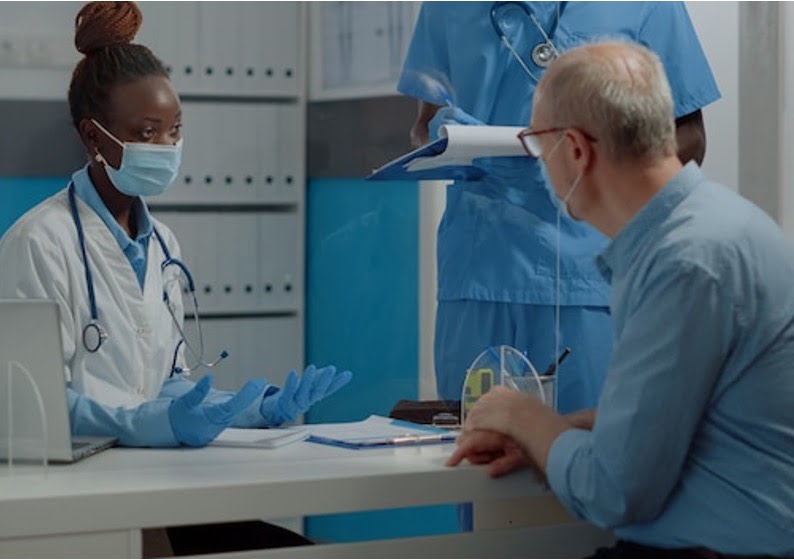Study Service
We offer complete service-packages for studies with in-vitro diagnostic devices.
Our services cover all project phases from start to finish, comprising:
- Study design and planning
- Ethical and regulatory clearance
- Sample sourcing
- Sample analysis
- Data management and analysis
- Reporting
Backbone of our study services is the unmatched quality of our clinical samples. Our Targeted Procurement of human biomaterials allows us to conduct tailor-made studies for your product.
Ethical and regulatory clearance are a prerequisite for most studies. Applications to institutional review boards (ethical clearance) or public authorities (regulatory clearance) in different countries are our daily business.
Following all requirements from IVDR annex XIV, our studies are audit-proof from the start.

Clinical Performance Studies
A clinical performance study tests the ability of an IVD product to deliver results that correlate with a specific clinical condition. Clinical Performance Studies are the final and most crucial step before the CE conformity assessment.
We take care of the planning, execution and reporting of these studies for you. In doing so, we strictly comply with IVDR and ISO 20916.
Layman Studies
If a manufacturer claims that their IVD product is intended to be used by laypersons, they must provide evidence that the product is fit for this purpose. This evidence is generated in layman or layperson studies. These studies have special design requirements and often include the collection of usability data, e.g. testing the comprehensibility of the IFUs (instructions for use) for laypersons.
Our company-owned study centre is the perfect location for IVD layman studies!


Preliminary Studies
Pre-studies are supposed to challenge an IVD prototype with native clinical samples to see whether the development process is going in the right direction.
While sample quality is critical in order to detect product flaws early, time and price of pre-studies should be as low as possible.
We have established tightly controlled procurement pathways for leftover samples from a multitude of medical indications which allow us to offer complete pre-study services designed for speed and cost reduction.
Studies according to Common Specifications
For certain IVDs, publically available guidelines exist – often referred to as Common Specifications – containing minimal requirements for sample size and specifications for a validation study with the respective device. Most common examples for such guidelines are Comission Implementing Regulation (EU) 2022/1107 or the Technical Specification Series of the WHO. Meeting these official requirements is broadly accepted as sufficient or even mandatory for conformity assessments. The requirements are usually challenging but they do facilitate study design greatly.
We have established sample sourcing processes specifically for efficiently meeting Common Specification demands for multiple device types already and will add more in the near future. This allows us to quote very competitive prices and timelines for these studies despite the high sample numbers that are required by the guidelines.
Tailor-made study design
For the vast majority of IVDs, no Common Specifications or other official guidelines exist. Study design for such products relies exclusively on their intended purpose and the current state-of-the-art in medical practice. Finding the correct study design and sample size without any guidance can be a challenge. We can help you with this!
Our experts will design an IVDR-proof study for your device, including choice of prospective or retrospective design, sample size calculations, definition of in- and exclusion criteria, study site specifications, and assessment of ethical and regulatory clearance requirements.